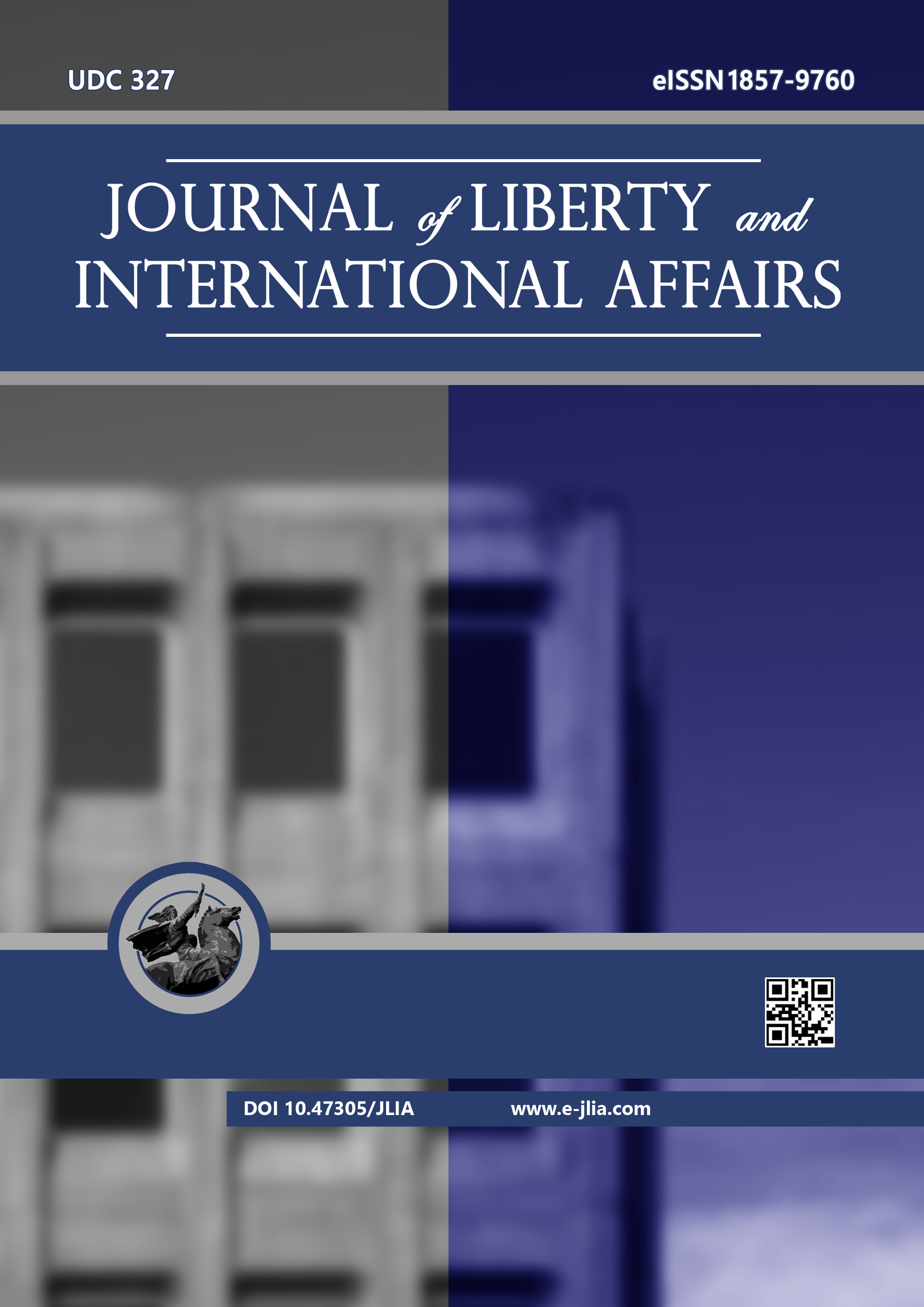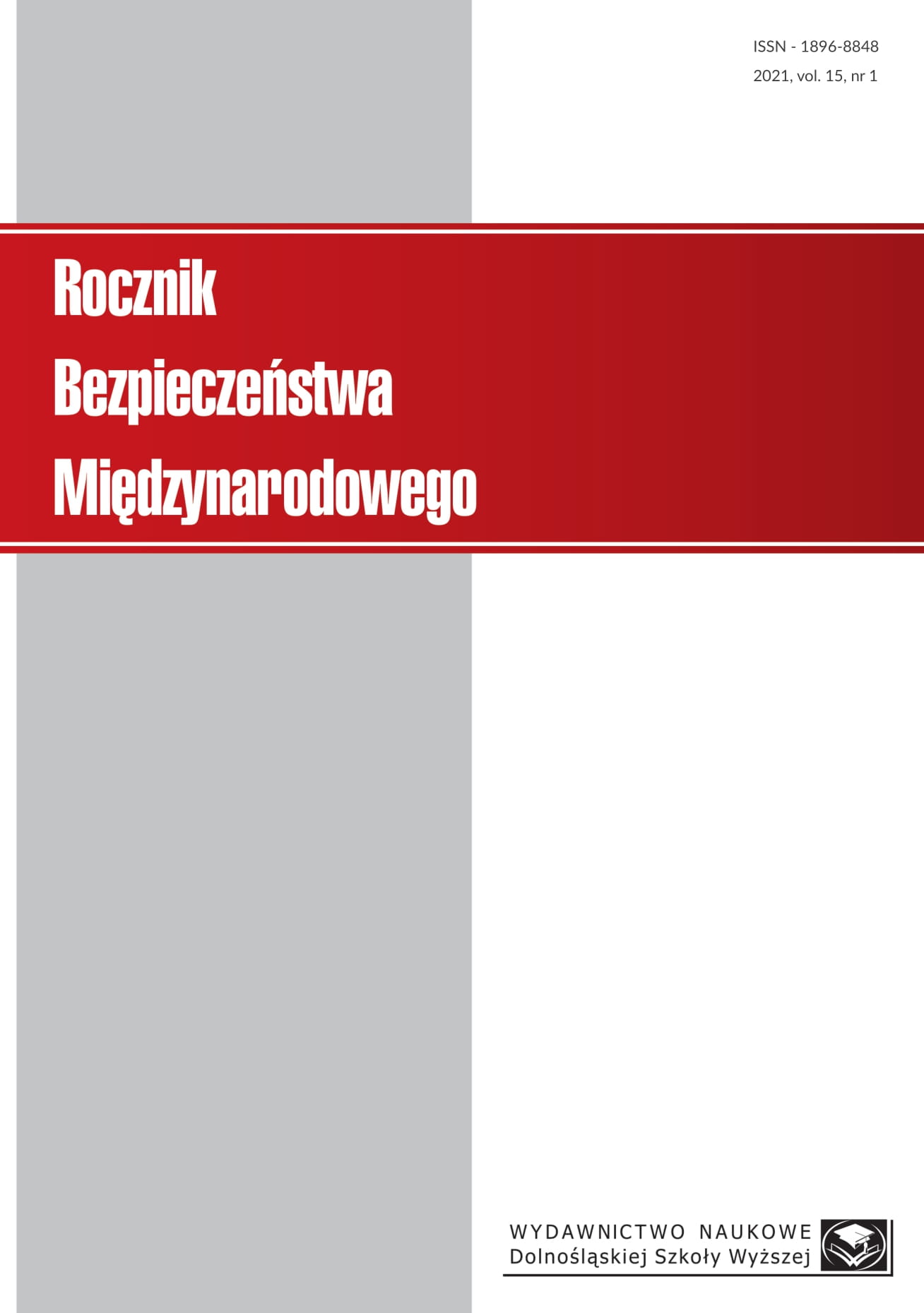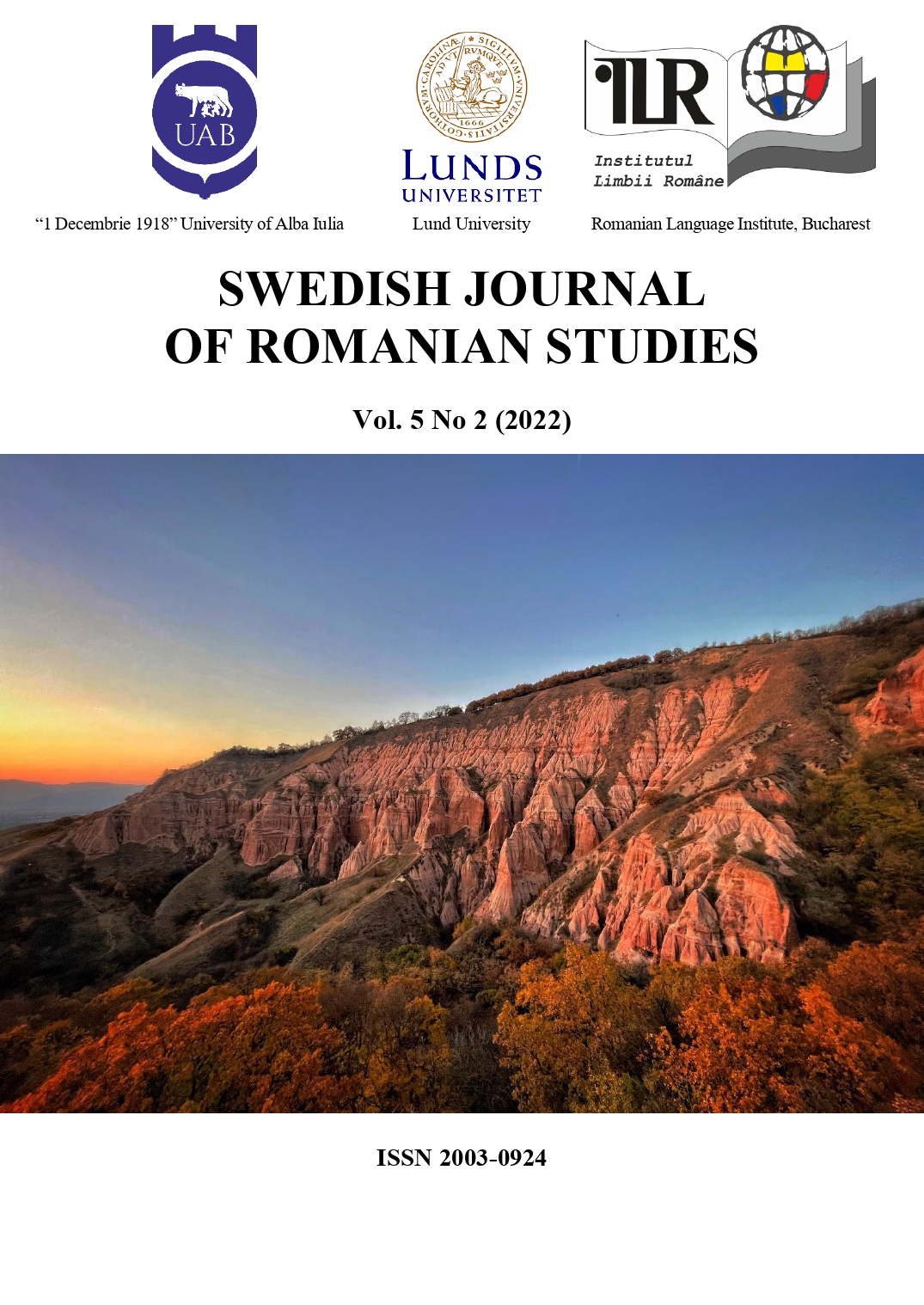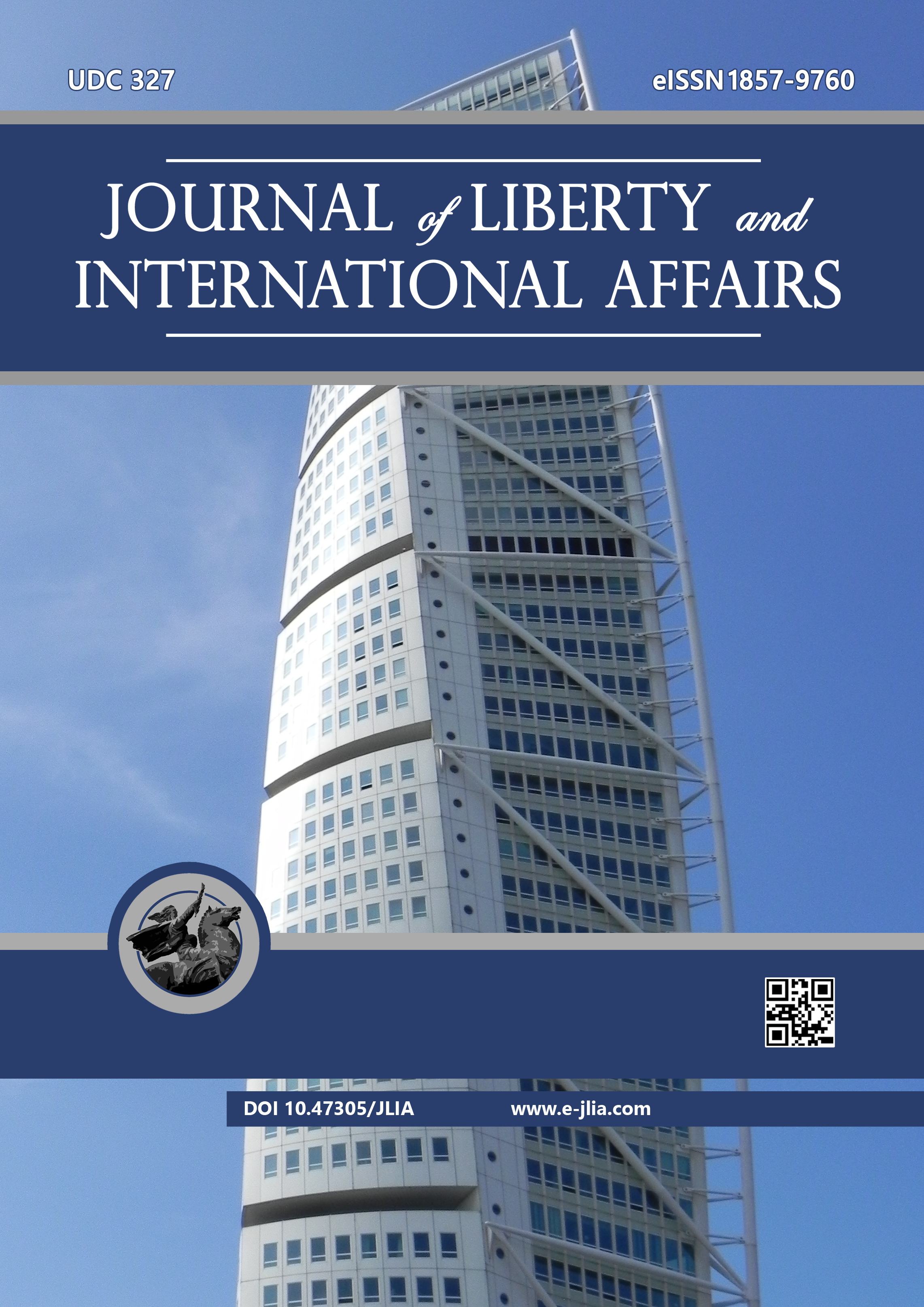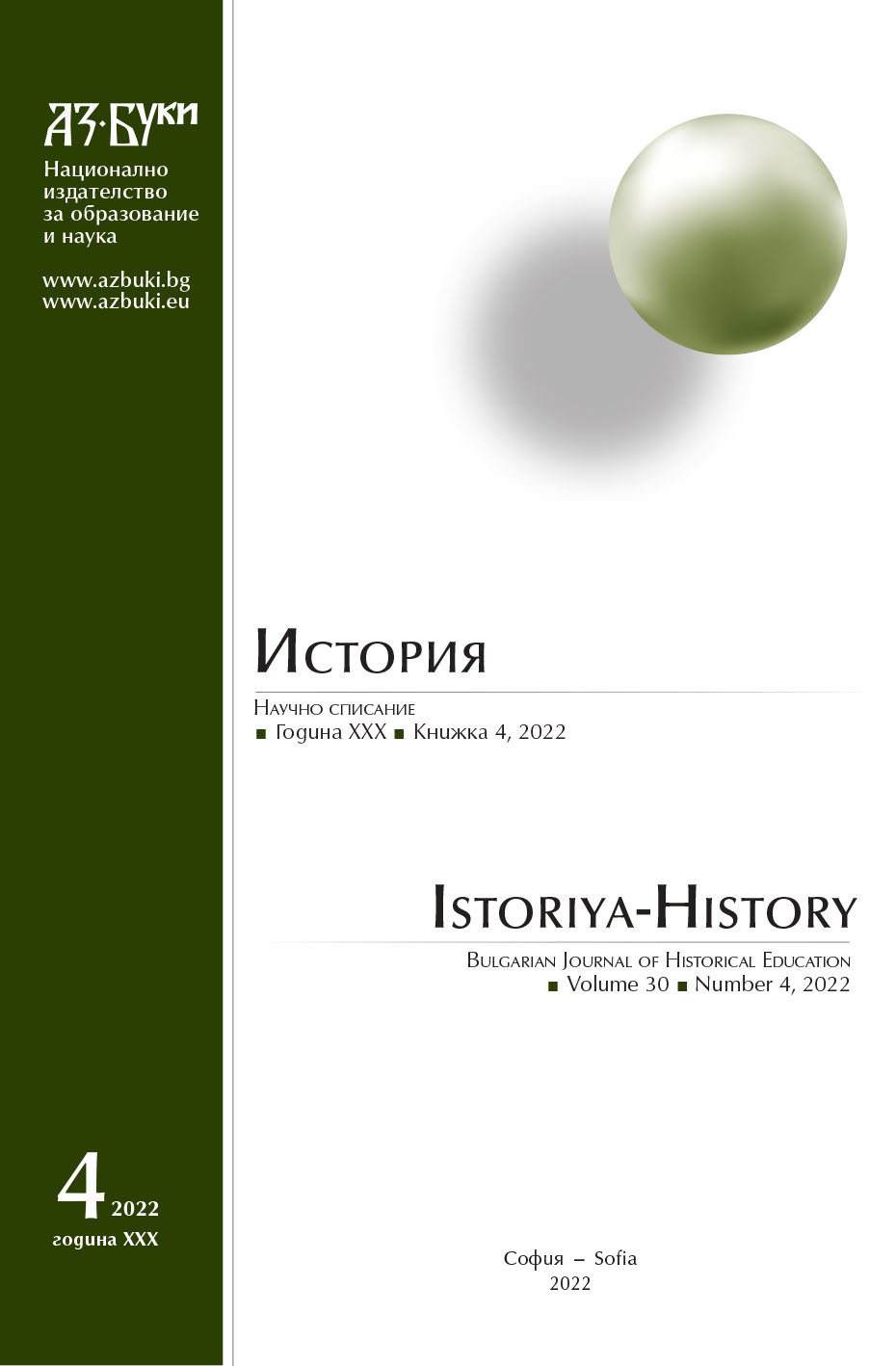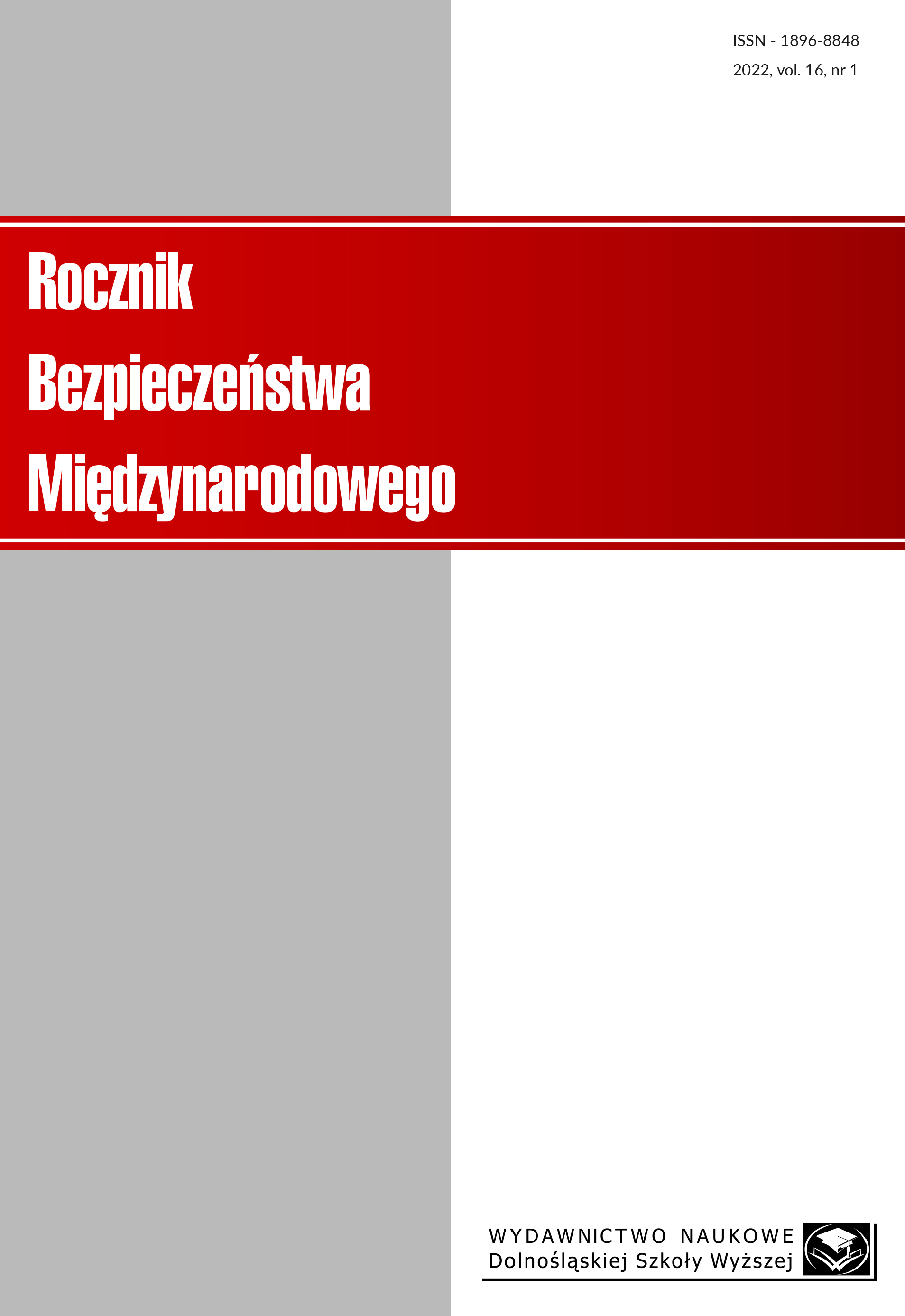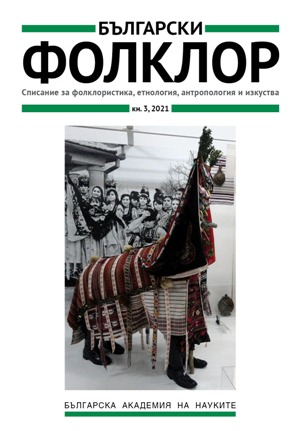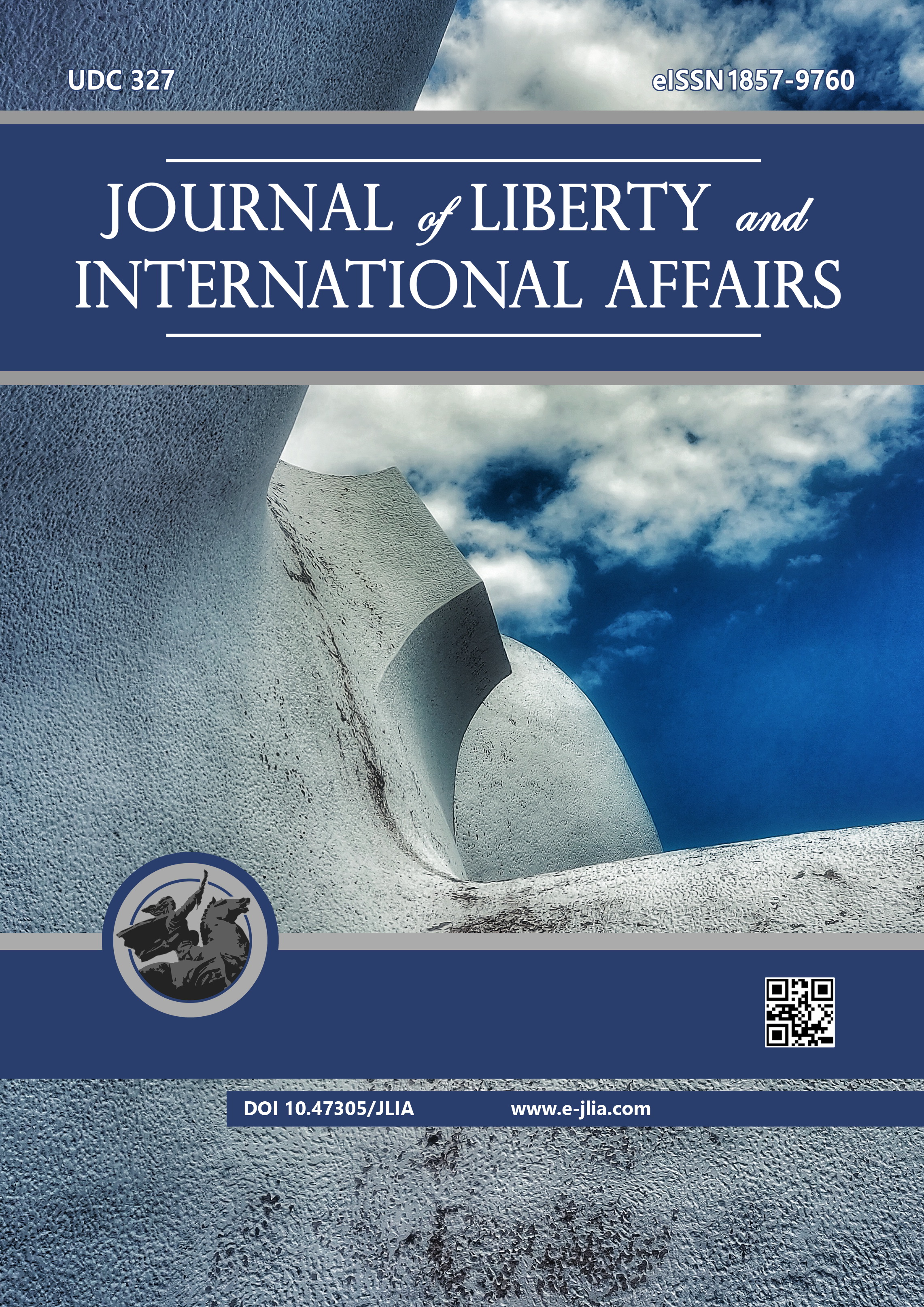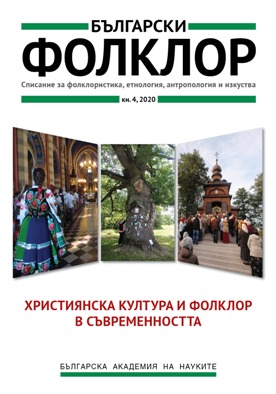
Католическият празник Тяло и Кръв Христови в българско и полско село (Съпоставително изследване)
In the thirteenth century, in the calendar of the Catholic Church, a special day is established to honour the Holy Communion – the bread and the wine, turned into the Most Holy Body and Blood of Christ. The feast is celebrated everywhere in the Catholic world with a solemn liturgy and a procession. The article presents in a comparative perspective fieldwork observations and documentation of this Catholic feast in two villages in Bulgaria and in Poland: the village of Oresh, Svishtov region (in 1995 and 2015) and the village of Złaków Kościelny, Łowicz district, Łódź voivodeship (in 2016). The author outlines the specific characteristics in performing of the feast in the two communities (Corpus Christi in Oresh; Boże Ciało in Złaków Kościelny), conditioned by differences in the confessional and cultural history as well as by different conditions of practicing the religious traditions.The comparative study shows the significance of local identity, expressed through elements of inherited traditional culture. For the Bulgarian Catholics, cultural identity is affirmed mainly through their religious affiliation, which is different from the official Orthodox religion, predominant in the country. The revival of the festive Catholic processions in modern times is an expression of the desire for a sustainable connection with the restored family and community confessional tradition. An essential expression of the local specificity in the religious festivity of the inhabitants of the Polish village is the adherence to traditional elements of the folklore culture, which have cultivated the local religious tradition.
More...
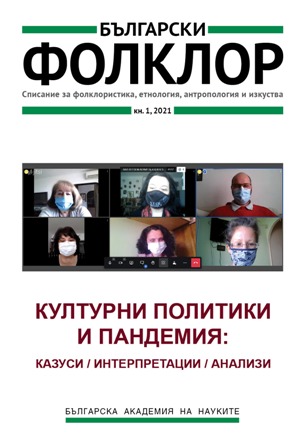
![Tsvetelina Dimitrova. Popular History between the Oral and the Written. Sofia: Prof. Marin Drinov Publishing House of BAS, 2013. 218 p.[Цветелина Димитрова. „Народната история“ между устност и писменост. София: Издателство на БАН „Проф. Марин Дринов]](/api/image/getissuecoverimage?id=picture_2020_64862.jpg)
